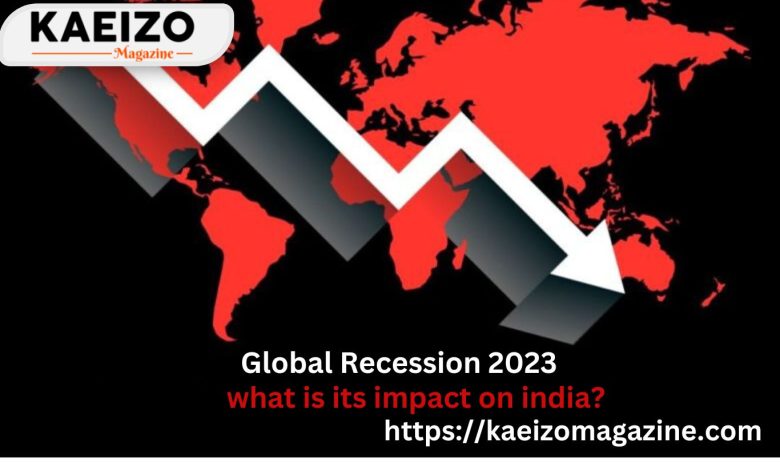Global Recession 2023-What Is Its Impact On India?
Global Recession 2023-What Is Its Impact On India?

We all expect the global recession to happen in 2023. In this article, we will see how it will impact the economy of India in the long run.
No one can deny that the pandemic situation hit the global economy quite hard in recent times. Moreover, we have seen the war between Russia and Ukraine even when the economy made an effort to recover from this. The combination of these two aspects is expected to bring about a global recession next year. Moreover, it will be a wrong idea to think that India will not be affected by it.
Significant output loss this year
It is a fact that there would be a rise of 23% in the global output since 2016 if the pandemic situation would not have been there. Nevertheless, we expect it to grow only 17% this time. The real GDP will still be under its pre-pandemic trend because of the global slowdown and we expect it to cost the world in excess of $17 trillion, which happens to be approximately 20% of the total income of the world.
Russia, India, the UK, Indonesia, and Germany happen to be the main nations that might contribute the most to this particular global output loss according to the report of the UNCTAD (United Nations Conference on Trade and Development).
Although India might suffer a 7.8% output loss in 2023, we expect the Euro region to lose 5.1%, the UK 6.8%, China 5.7%, and Russia to 12.6% output loss. Increasing rates of interest, mounting public debt, as well as weakening of currencies plus several other factors have resulted in the increase of fuel and food prices and this has presented some ambiguity in the present global market.
Increasing rates of interest to arrest inflation
According to a recent World Bank study, it will not be a good idea for central banks across the world to raise the rates of interest for the purpose of curbing inflation. It can result in different types of financial prices in combination with the recession.
There is a sharp increase in global growth and it is likely that there will be further slowing since more and more countries are falling into recession. Our deepest concern is that these types of trends are going to persist along with long-lasting results which can prove to be devastating for individuals in developing economies and emerging markets, according to David Malpass, the World Bank Group President.
Weakening currencies
It is a fact that developed countries have invested approximately $379 billion in cushioning weakening currencies. It has been found that the hikes in the rate of interest by advanced economies have hit the most vulnerable highest. Approximately 90 developing nations have witnessed the currencies get weakened against the dollar and more than 30% of them by over 10%.




